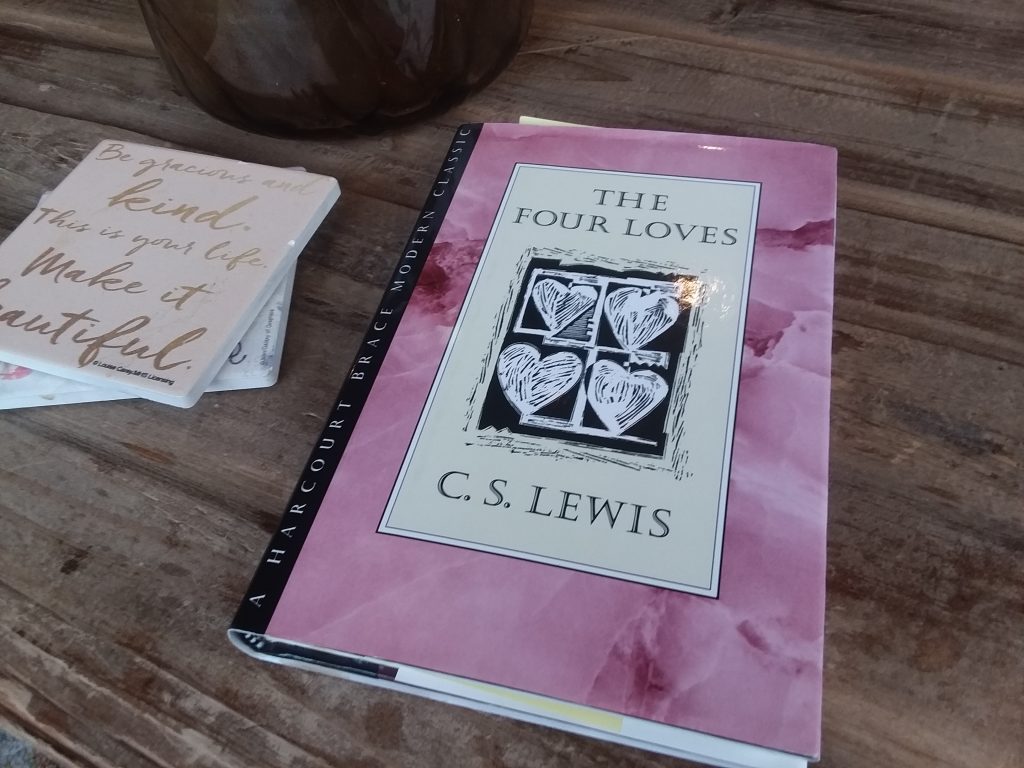
Unless one is walking around thinking about the vocabulary of the Greek New Testament, the title of Lewis’s book, The Four Loves, is arresting. Love is love, right?
But if we take a moment to think about how we love, and how we talk about love, we realize that things are indeed a little more complex. We may say we “love pizza” or we “love Baby Yoda,” but how do those loves compare to the love we have for family or friends, or even our enemies? A realization of the complexities of love may lead us to open Lewis’s book out of curiosity. However, for the Christian, there is a much more compelling reason.
The apostle Paul tells us, in his letter to the Philippians, about a prayer he prayed. He writes, in chapter 1: And this I pray, that your love may abound still more and more in knowledge and all judgment, that you may approve things that are excellent, that you may be sincere and without offense till the day of Christ, being filled with the fruits of righteousness which are by Jesus Christ, to the glory and praise of God.
Paul wants the grace of love in the hearts of the saints to grow, but how? Does he speak of a deeper sentiment of some kind? No. He wants it to grow in knowledge and judgment, or discernment. He wants them to be educated about Christian love so they will be able to tell how to exercise it in a wise and fitting manner. He wants them to be able to think about love, and to tell the difference between a kind of love that tends to godliness and a kind that does not.
Paul also says that, when this knowledgeable and discerning love is exercised, the result will be righteous living. The converse implied is very important. If we get Christian love wrong, we are going to not only make mistakes, but we are going to act unrighteously. The result will not just be that we have tripped ourselves up, but we may damage our testimony and cause others to stumble. We really, really do not want this to happen!
Therefore, we need to not rely on our past experience or sentiment to guide us in our decisions about Christian love. We need to study what the Bible says about it. Lewis’s book is a great way to do that.